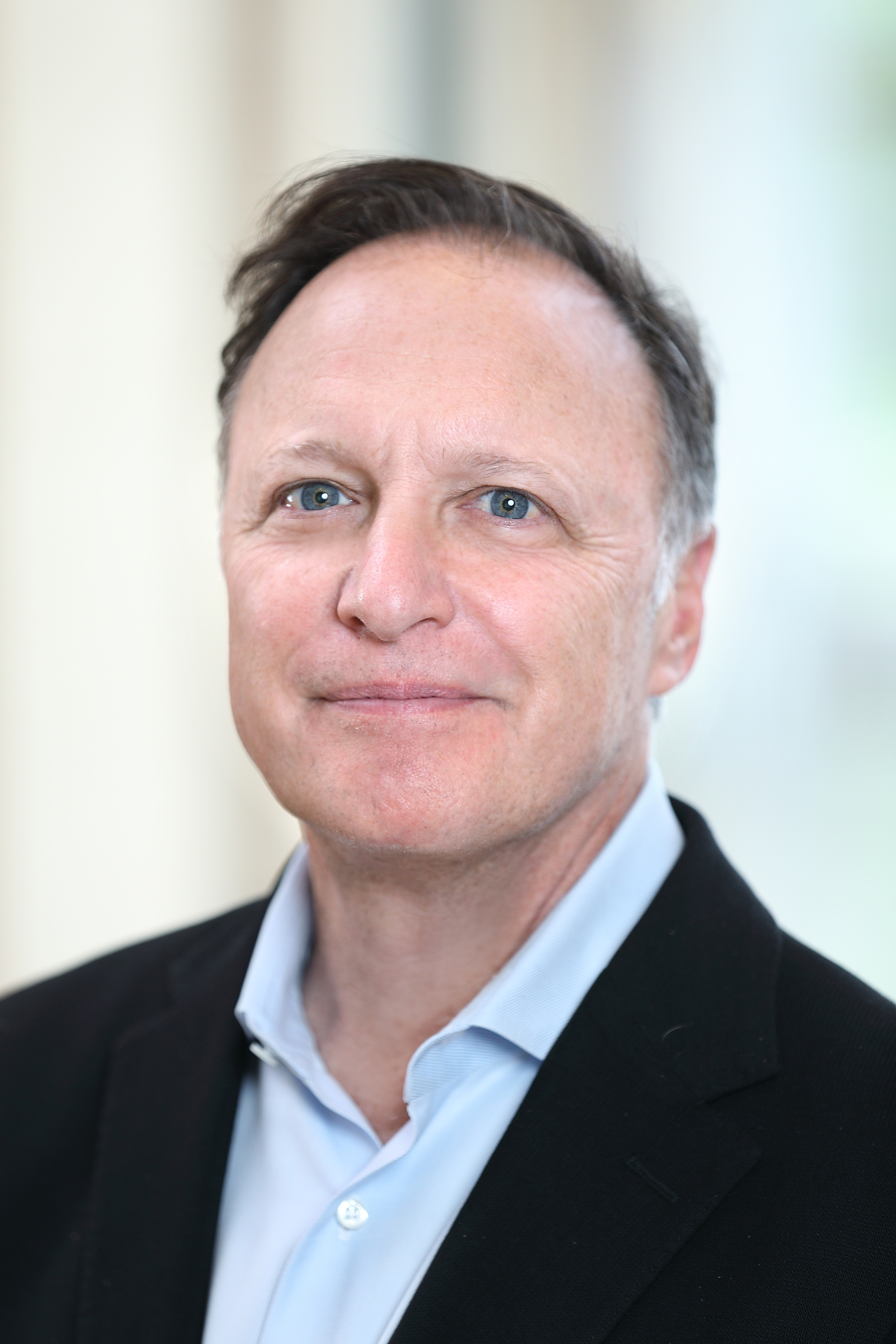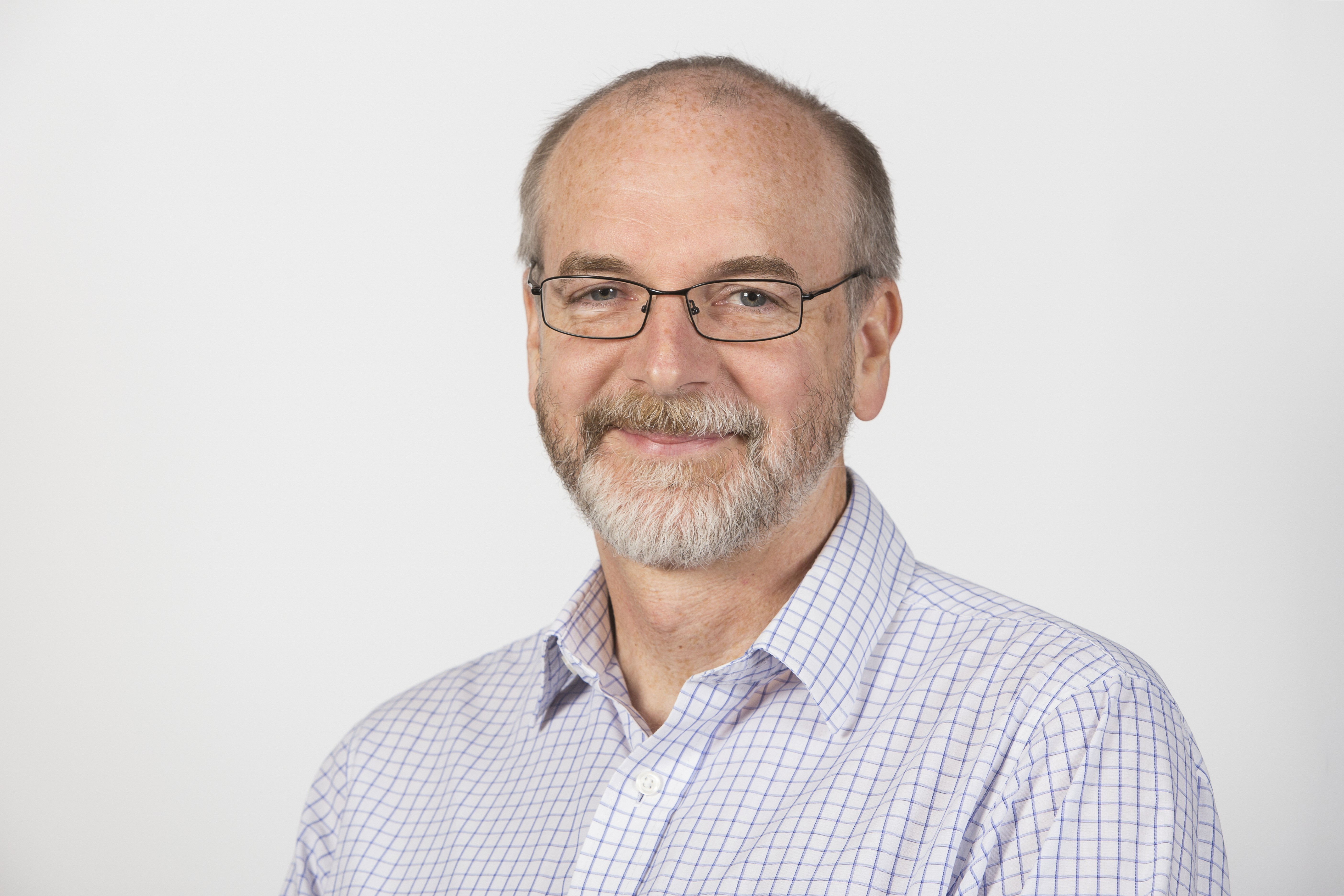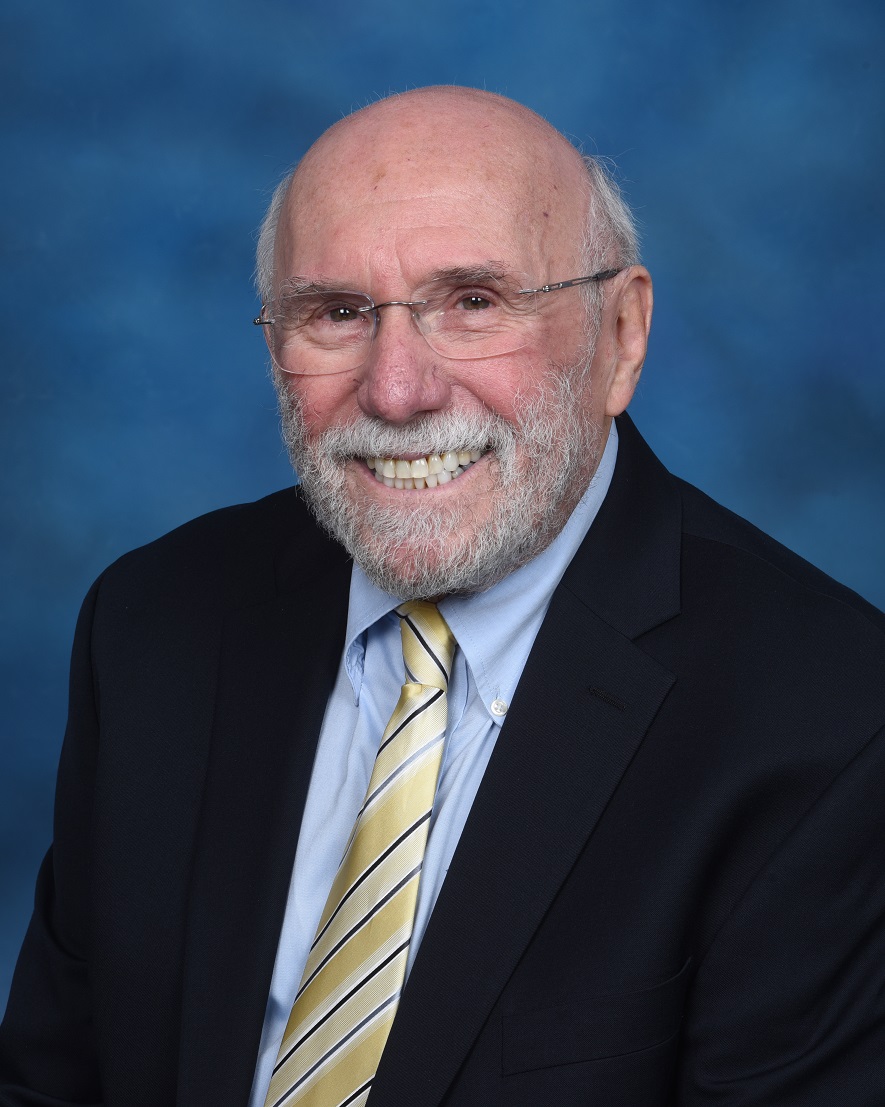The Frontiers in Vaccinology Honorary Lecture is an esteemed event bringing together experts and thought leaders from the field of vaccinology to share their insights and discoveries. This lecture series serves as a platform for renowned scientists and researchers to present their cutting-edge work and discuss the latest advancements in vaccine development, efficacy, and safety. These lectures provide a unique opportunity for attendees to gain deep insights into the challenges and opportunities in the field, fostering collaborations and sparking new ideas. The Frontiers in Vaccinology Honorary Lecture is a highly anticipated event that contributes to advancing scientific knowledge, encourages critical thinking, and inspires the next generation of vaccine researchers and developers.
Frontiers in Vaccinology 2023
The 30th annual Frontiers in Vaccinology Conference will feature Mike Levine as the keynote speaker. Dr. Levine is a highly accomplished researcher and physician who has made substantial contributions to infectious disease research and vaccine development. With extensive expertise in clinical trials, field research, and laboratory investigations, he has played a vital role in advancing our understanding of infectious diseases and developing effective preventive strategies. Dr. Levine's impressive work demonstrates his commitment to addressing emerging enteric infections and improving global health outcomes.
Mike arrived at the University of Maryland in 1970, joining the Department of Medicine Infectious Disease Division, and four years later he was appointed Director of the newly formed Clinical Research Center for Vaccine Development, which evolved into the more comprehensive multidisciplinary Center for Vaccine Development. Mike has devoted a lifetime to establishing “Vaccinology” as a discipline and has worked to develop and evaluate vaccines aimed at preventing a number of infectious diseases occurring among disadvantaged children and adults in impoverished populations living in the least developed countries of the world. He has been a practitioner of “global health” for decades before its current popularity, always combining his vaccinology efforts with global health initiatives. Mike’s an inspirational teacher, clinician and investigator, and has served as mentor and role model for many students, residents, fellows and visiting scientists. Many of his trainees have gone on to become Institute Directors, Division Chiefs, Department Chairs, leaders in industry, Professors and practicing clinicians.
Frontiers in Vaccinology 2022

The 29th annual Frontiers in Vaccinology Conference will feature Dr. Robert A. Seder as the keynote speaker.
Dr. Seder received his B.A. in Natural Science at Johns Hopkins University in 1981 and his M.D. at Tufts University in 1986 and completed his residency in internal medicine at New York Hospital-Cornell Medical Center. Dr. Seder did his postdoctoral training at NIAID with Dr. William Paul. He is currently Chief of the Cellular Immunology Section in the Vaccine Research Center in the NIAID, NIH. Dr. Seder's laboratory has focused on the cellular and molecular mechanisms by which vaccines and adjuvants mediate protective immunity in mouse, and non-human primate models of HIV, Malaria, Tuberculosis and cancer. His work has demonstrated the importance of the quality of T cell responses in mediating protection against various infections and the importance of the route of vaccination in generating tissue resident T cells for protection against malaria and TB. Dr. Seder has translated his scientific discoveries and led the first in human clinical studies using intravenous vaccination to generate protective immunity with an attenuated malaria vaccine and recently showed that a monoclonal antibody he discovered can prevent malaria infection against intense seasonal transmission in African adults. Over the two years, Dr. Seder has helped lead the pre-clinical development of the Moderna mRNA vaccine against COVID. This provided pre-clinical data for demonstrating safety and efficacy of the Moderna vaccine in animals prior to the initiation of the pivotal Phase 3 study in humans and more recently provided the scientific basis for boosting humans with mRNA against variants.
Frontiers in Vaccinology 2021

The 28th annual Frontiers in Vaccinology Conference will feature Sir Andrew Pollard as the keynote speaker.
Sir Andrew is Director of the Oxford Vaccine Group in the Department of Paediatrics at the University of Oxford and a consultant paediatrician at Oxford Children’s Hospital and Fellow of St Cross College. He received a knighthood in the Queen’s Birthday Honours in 2021 for services to Public Health, especially in the pandemic, and received the Order of Medical Merit (Grande Oficial) from the Federal Republic of Brazil in 2022. He is host of "the Pandemic People" on the Oxford Colloquy Podcast
He obtained his medical degree at St Bartholomew’s Hospital Medical School, University of London in 1989 and trained in Paediatrics at Birmingham Children’s Hospital, UK, specialising in Paediatric Infectious Diseases at St Mary’s Hospital, London, UK and at British Columbia Children’s Hospital, Vancouver, Canada. He obtained his PhD at St Mary’s Hospital, London, UK in 1999 studying immunity to Neisseria meningitidis in children and proceeded to work on anti-bacterial innate immune responses in children in Canada before returning to his current position at the University of Oxford in 2001. His research includes novel observations on the B cell response in early childhood, the design, development and clinical evaluation of vaccines in UK, Asia, Africa and Latin America, including those for COVID-19, typhoid, meningococcus, Haemophilus influenzae type b, pneumococcus, plague, pertussis, influenza, rabies, coronavirus and Ebola, and leads studies using a human challenge model of paratyphoid and typhoid. He was the chief investigator for the clinical trials of the Oxford-AstraZeneca COVID-19 vaccine, which led to authorisation of the vaccine for use in more than 180 countries with over 3 billion doses distributed. The COVID19 vaccine team received the Copley Medal from the Royal Society in 2022. He has supervised 50 PhD students and his publications include over 700 manuscripts and books on various topics in paediatrics and infectious diseases. His seminal work on typhoid supported the WHO prequalification of a new typhoid conjugate vaccine and WHO recommendations for its use in countries with a high burden of disease. He chairs the UK Department of Health and Social Care’s Joint Committee on Vaccination and Immunisation (since 2013), and was a member of WHO’s Strategic Advisory Group of Experts 2016-2022. He chaired the Scientific Advisory Group on Vaccines at the European Medicines Agency from 2012-2020. He chaired the UK’s National Institute for Health and Care Excellence (NICE) meningitis guidelines development group (2006-2010), the NICE topic expert group developing quality standards for management of meningitis and meningococcal septicaemia (2011-2013). He has been a member of the British Commission on Human Medicines' Clinical Trials, Biologicals and Vaccines expert advisory group since 2013. He was Vice-Master of St Cross College, Oxford, 2017-2021. He was an NIHR senior investigator (2018-2021). He received the “Science Honor and Truth Award” of the Instituto de Patologia en la Altura in La Paz, Bolivia in 2002. He received the Bill Marshall Award of the European Society for Paediatric Infectious Disease (ESPID) in 2013, the ESPID Distinguished Award for Education and Communication in 2015 and the Rosén von Rosenstein medal in 2019 awarded by the Swedish Paediatric Society and the Swedish Society of Medicine. He received the Oxford University Vice Chancellor’s Innovation Award in 2020 for his work on typhoid vaccines. He was elected to the Academy of Medical Sciences in 2016 and was awarded honorary membership of the British Society for Immunology in 2021 and Associate membership of the National School of Healthcare Science (2022). He received the James Spence Medal of the Royal College of Paediatrics and Child Health in June 2022 and the 2023 IVI-SK bioscience Park MahnHoon Award. He previously chaired the scientific panel of the Spencer Dayman Meningitis Laboratories Charitable Trust (2002-2006) and was a member of the scientific committee of the Meningitis Research Foundation (2009-2014) and is currently chair of trustees of the Knoop Trust, and a trustee of the Jenner Vaccine Foundation and the Oxford Philharmonic Orchestra Trust. He made the first British ascent of Jaonli (6632m) in 1988 and Chamlang in 1991 (7309m) and was the Deputy leader of the successful 1994 British Medical Everest Expedition.
All proceeds from the Frontiers in Vaccinology - 30th Annual Honorary Lectureship will support the Myron M. Levine MD, DTPH Professorship in Vaccinology.
Funds for the University of Maryland School of Medicine are administered by the University of Maryland Baltimore Foundation, Inc., a 501(c)(3) organization and are tax deductible to the extent allowed by law. No goods or services were provided in exchange for your contribution.
